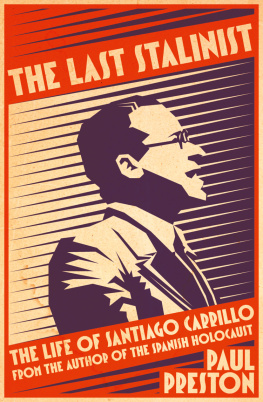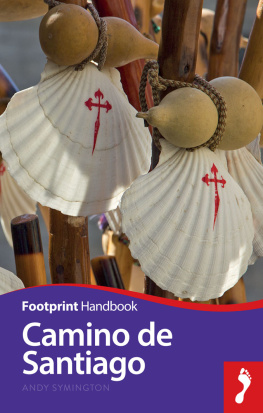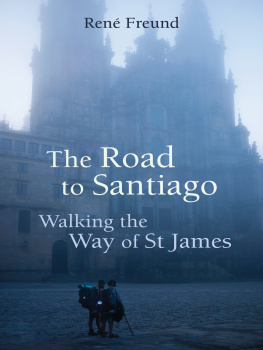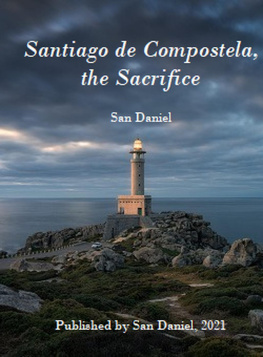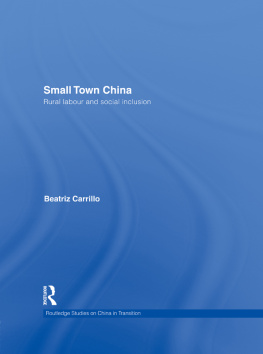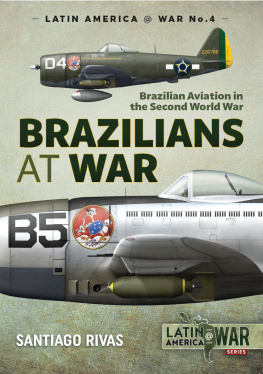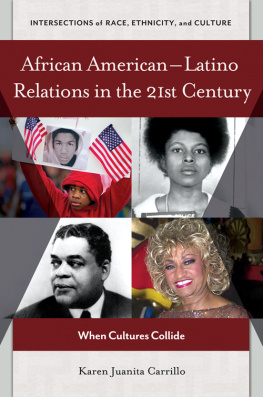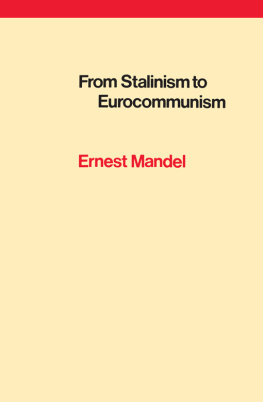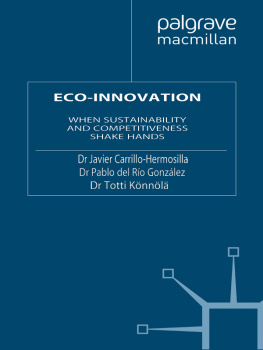In a sense, the origins of this book date back to the 1970s when I first began to collect information about the anti-Francoist resistance. At the time and subsequently, I had long conversations with many of the protagonists of the book, including Santiago Carrillo himself. Many of those who shared their opinions and memories with me have since died. However, I would like to put on record my gratitude to them: Santiago lvarez, Manuel Azcrate, Rafael Calvo Serer, Fernando Claudn, Tomasa Cuevas, Carlos Elvira, Irene Falcn, Ignacio Gallego, Jernimo Gonzlez Rubio, Carlos Gurmndez, Antonio Gutirrez Daz, K. S. Karol, Domingo Malagn, Jos Martinez Guerricabeitia, Miguel Nez, Teresa Pmies, Javier Pradera, Rossana Rossanda, Jorge Semprn, Enrique Tierno Galvan, Manuel Vzquez Montalbn, Francesc Vicens and Pepn Vidal Beneyto.
Over the years, I discussed the issues raised in the book with friends and colleagues who have worked on the subject, some of whom played a part in the events related therein. I am grateful for what I have learned from Beatriz Anson, Emilia Bolinches, Jordi Borja, Natalia Calamai, William Chislett, Ivn Delicado, Roland Delicado, Carlos Garca-Alix, Dolores Garca Cants, David Ginard i Fron, Mara Jess Gonzlez, Carmen Grimau, Fernando Hernndez Snchez, Enrique Lster Lpez, Esther Lpez Sobrado, Aurelio Martn Njera, Rosa Montero, Silvia Ribelles de la Vega, Michael Richards, Ana Romero, Nicols Sartorius, Irne Tenze, Miguel Verd and ngel Vias Martn.
Finally, this book would not have been possible without the friends who helped with documentation and who read all or part of the text: Javier Alfaya, Nicols Belmonte Martnez, Laura Daz Herrera, Helen Graham, Susana Grau, Fernando Hernndez Snchez, Michel Lefevbre, Teresa Miguel Martnez, Gregorio Morn, Linda Palfreeman, Sandra Souto Kustrin and Boris Volodarsky. I am immensely grateful to them all.
This is the complex story of a man of great importance. From 1939 to 1975, the Spanish Communist Party (the Partido Comunista de Espaa, or PCE) was the most determined opponent of the Franco regime. As its effective leader for two decades, Santiago Carrillo was arguably the dictators most consistent left-wing enemy. Whether Franco was concerned about the left-wing opposition is another question. However, the lack of a comparable figure in either the anarchist or Socialist movements means that the title belongs indisputably to Carrillo.
Carrillos was a life of markedly different and apparently contradictory phases. In the first half of his political career, in Spain and in exile, from the mid-1930s to the mid-1970s, Santiago Carrillo was admired by many on the left as a revolutionary and a pillar of the anti-Franco struggle and hated by others as a Stalinist gravedigger of the revolution. For many on the right, he was a monster to be vilified as a mass murderer for his activities during the Civil War. He came to prominence as a hot-headed leader of the Socialist Youth whose incendiary rhetoric contributed in no small measure to the revolutionary events of October 1934. After sixteen months in prison, he abandoned, and betrayed, the Socialist Party by taking its youth movement into the Communist Party. This dowry and his unquestioning loyalty to Moscow were rewarded during the Civil War by rapid promotion within the Communist ranks. Not yet twenty-two years old, he became public order chief in the besieged Spanish capital and acquired enduring notoriety for his alleged role in the episodes known collectively as Paracuellos, the elimination of right-wing prisoners. After the war, he was a faithful apparatchik, who by dint of skill and ruthless ambition rose to the leadership of the Communist Party.
Then, in the course of the second half of his political career, from the mid-1970s until his death in 2012, he came to be seen as a national treasure because of his contribution to the restoration of democracy. From his return to Spain in 1976 until 1981, his skills, honed in the internal power struggles of the PCE, were applied in the national political arena. During the early years of the transition, it appeared as if the interests of the PCE coincided with those of the population. He would be canonized as a crucial pillar of Spanish democracy as a result of his moderation then. He was particularly lauded for his bravery on the night of 23 February 1981 when the Spanish parliament was seized as part of a failed military coup. After that time, his role reverted to that of Party leader and he was undone by generational conflict. Between 1981 and 1985, he presided over the destruction of the Communist Party, which he had spent forty years shaping in his own image. Accordingly, in later life and on his death, he was the object of many tributes and accolades from members of the Spanish establishment ranging from the King to right-wing heavyweights.
The chequered nature of Carrillos political career poses the question of whether he was simply a cynical and clever chameleon. In 1974, denying the existence of a personality cult within the PCE, he proclaimed: I will never permit propaganda being made about myself. In this regard, he shared with Franco a dedication to the constant rewriting and improving of his own life story.
Accordingly, this account of a fascinating life differs significantly from the many versions produced by the man himself which are contrasted here with copious documentation and the interpretations of friends and enemies. There can be little here about Carrillos personal life. From the time that he entered employment at the printing works of the Socialist Party aged thirteen until his retirement from active politics in 1991, he seems not to have had much of one. Certainly, his life was dominated by his political activity, but he surrounded accounts about his existence outside politics with a web of contradictory statements and downright untruth. Despite his apparent gregariousness and loquacity, this is the story of a solitary man. One by one he turned on those who helped him: Largo Caballero, his father Wenceslao Carrillo, Segundo Serrano Poncela, Francisco Antn, Fernando Claudn, Jorge Semprn, Pilar Brabo, Manuel Azcrate, Ignacio Gallego the list is very long. In his anxiety for advancement, he was always ready to betray or denounce comrades. Such ruthlessness was another characteristic that he shared with Franco. What will become clear is that Carrillo had certain qualities in abundance a capacity for hard work, stamina and endurance, writing and oratorical skills, intelligence and cunning. Unfortunately, what will become equally clear is that honesty and loyalty were not among them.
Although I hope the context always makes the meaning clear, I have used the word guerrilla in its original Spanish meaning.
The Spanish word does not mean, as in English usage, a guerrilla fighter, but rather something closer to campaign of guerrilla warfare. See On 20 September, Pasionaria herself had published a declaration hailing the guerrilla as the way to spark an uprising in Spain. For the guerrilla fighters themselves, I have used the singular guerrillero or the plural guerrilleros.
1
Santiago Carrillo was born on 18 January 1915 to a working-class family in Gijn on Spains northern coast. His grandfather, his father and his uncles all earned their living as metalworkers in the Orueta factory. Prior to her marriage, his mother, Rosala Solares, was a seamstress. His father Wenceslao Carrillo was a prominent trade unionist and member of the Socialist Party who made every effort to help his son follow in his footsteps. As secretary of the Asturian metalworkers union, Wenceslao had been imprisoned after the revolutionary strike of August 1917. Indeed, Santiago claimed later that his most profound memory of his father was seeing him regularly being taken away by Civil Guards from the family home. It was there, and later in Madrid, that he grew up within a warm and affectionate extended family in an atmosphere soaked in a sense of the class struggle. Such a childhood would help account for the impregnable self-confidence that was always to underlie his career. He asserted in his memoirs that family was always tremendously important to him. That, however, would not account for the viciousness with which he renounced in father in 1939. Then, as throughout his life, at least until his withdrawal from the Communist Party in the mid-1980s, political loyalties and ambition would count for far more than family.

